When the COVID-19 pandemic began in early 2020, many people suddenly stuck at home battled their loneliness by adopting a pet.
In fact, more than 23 million American households adopted a pandemic pet, according to the American Society for the Prevention of Cruelty to Animals (ASPCA).
But now, as the world continues to move past the pandemic and people start going back to work, some are returning their pets to shelters.
And while a May 2021 survey by ASPCA suggested there is not a national trend of pandemic pets being returned, the phenomenon is nonetheless causing crowding problems at one local shelter, according to its director.
Last year, Pinal County Animal Care and Control in Casa Grande, the shelter nearest Maricopa, received 469 pet surrenders and took in 1,362 strays. Located at 1150 S. Eleven Mile Corner Road, the facility continues to take in more animals and has well exceeded its limit, said its director, Audra Michael.
“Our dogs are about triple overcrowded,” she said.
While the Pinal County shelter is beyond capacity, some rescue groups attempt to help by taking some animals to find them homes.
“Cats typically get rescued by a rescue organization and brought to the Phoenix or Tucson area at their giant adoption facilities with more traffic,” Michael said. “We have about 15 rescue organizations we work with.”
Getting out of the kennels
While the facility is over limit, dogs need to get out of their crowded kennels, so around noon every day dogs get to play with each other in a gated area.
On top of the playtime for the pups, volunteers visit the shelter to walk the dogs. Workers at the shelter use a bulletin board to keep track of the dogs that have been walked to ensure no mutts are overlooked.
Queen Creek resident Tommy Erland, who recently visited for his first day as a dog-walking volunteer at PCACC, said he lost a dog years ago. When he saw online volunteers were needed, he decided to make the trip to Casa Grande to regain familiarity with the animals, hoping that he may soon make the decision to adopt another dog.
“We get to walk, and help people at the same time,” he said.
Adopting a furry friend
Adoption has advantages for both the human and the animal, Michael noted.
When people decide to adopt a pet, they are helping reduce overpopulation and may even be saving the animal’s life. While you may want a cute puppy, they can be quite stressful, she said. But, typically, animals at the shelter are adults that are housetrained and have passed through the biting and chewing phases that can be quite irritating.
Adopting a pet from PCACC is simple. With no background check required, prospective adopters provide a form of identification and sign an agreement assuring they are giving their new pet a good home. There is an adoption fee of $50.
The shelter has four requirements to adopt a pet:
- Every adopted animal must be spayed or neutered: PCACC will keep your dog or cat until it is transported to the veterinarian on the date of sterilization. After the surgery, you can pick up your new pet at the end of the day.
- All dogs must receive the 4-in-1 vaccine: The vaccination includes Adenovirus Type 2, Coronavirus, Parainfluenza, Parvovirus and Canine Distemper.
- Microchipping: All dogs must be microchipped, but cats can be chipped upon request.
- All owners must have the means to properly care for their pets: Pets must be safely kept and have adequate food, water and shelter.
All told, people can get take a pet home from the shelter for about $50, said Michael, who noted “if you go to a pet store … it could be up to $3,000.”
How you can help
Pinal County Animal Care and Control needs your help, now more than ever. It’s currently seeking volunteers to help walk dogs and even foster them to help get them out of the shelter. Even small donations to the shelter are a big help. The following supplies are needed:
- Blankets and towels
- Wet and dry dog food
- Jerky-type dog treats
People can also help by becoming an angel sponsor, which allows people to pay the adoption fees for someone else to adopt a pet free-of-charge.
This story was first published in the February edition of InMaricopa magazine.
For additional content about PCACC, check out the InMaricopa YouTube page.

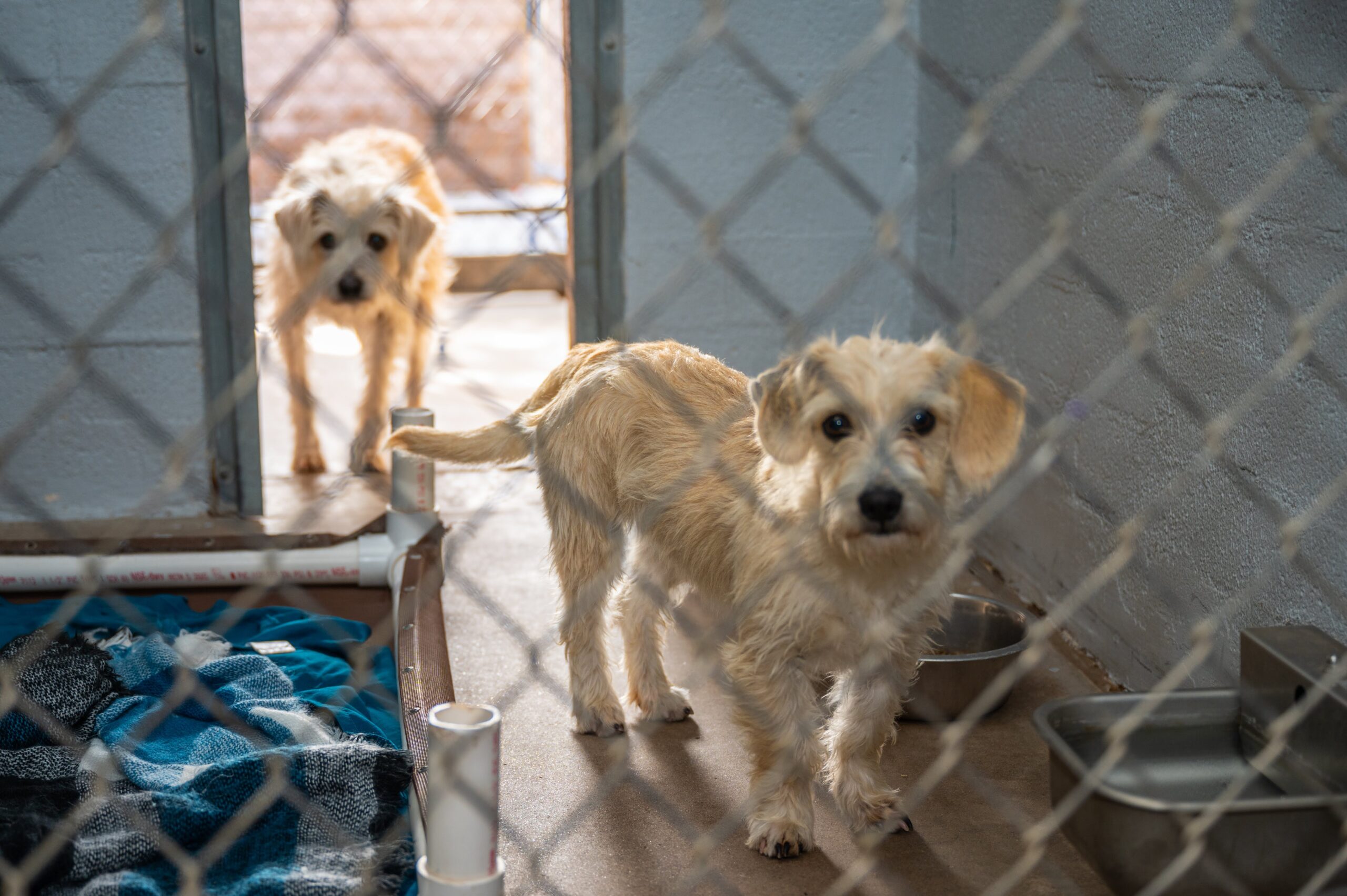
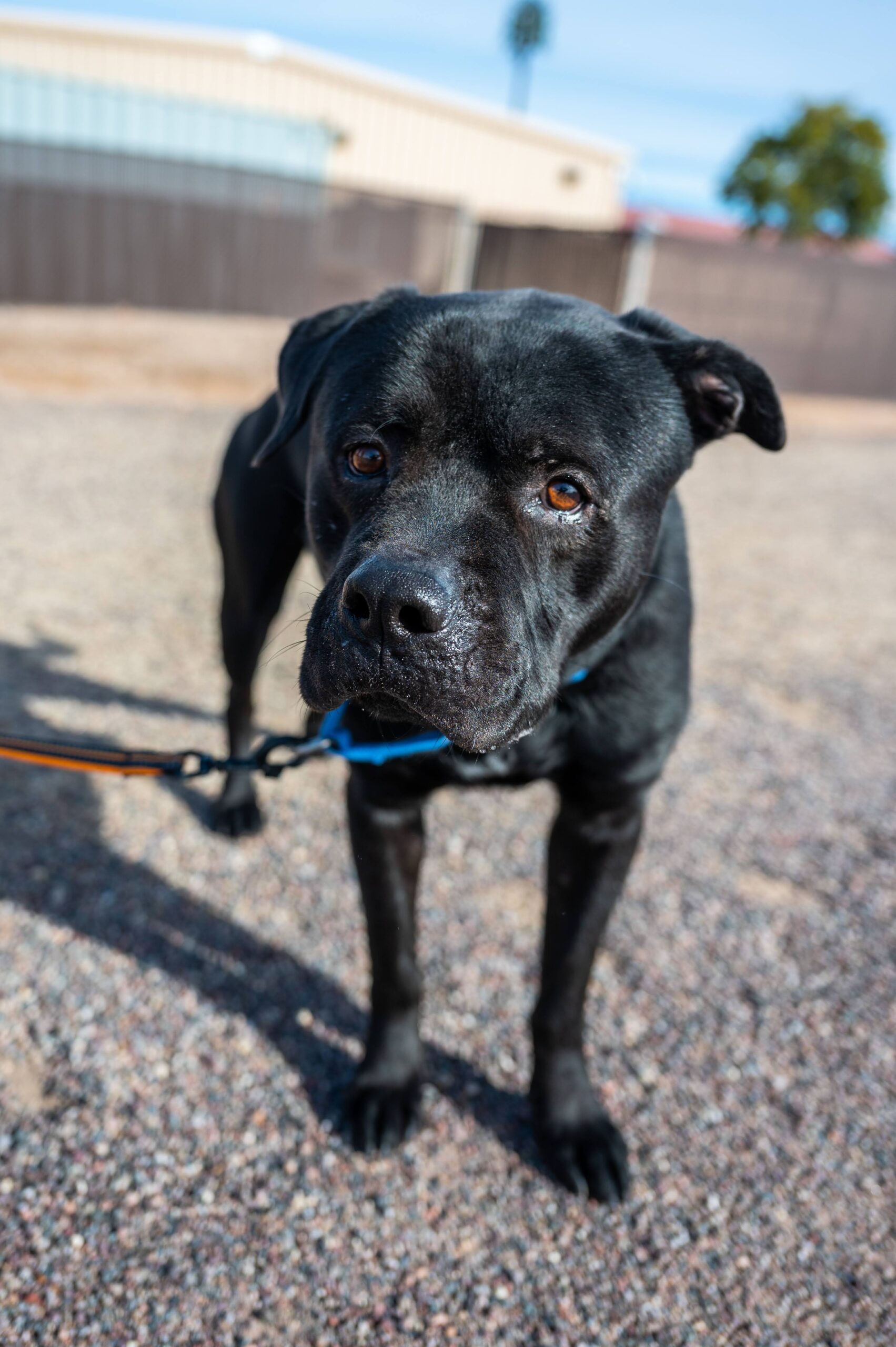

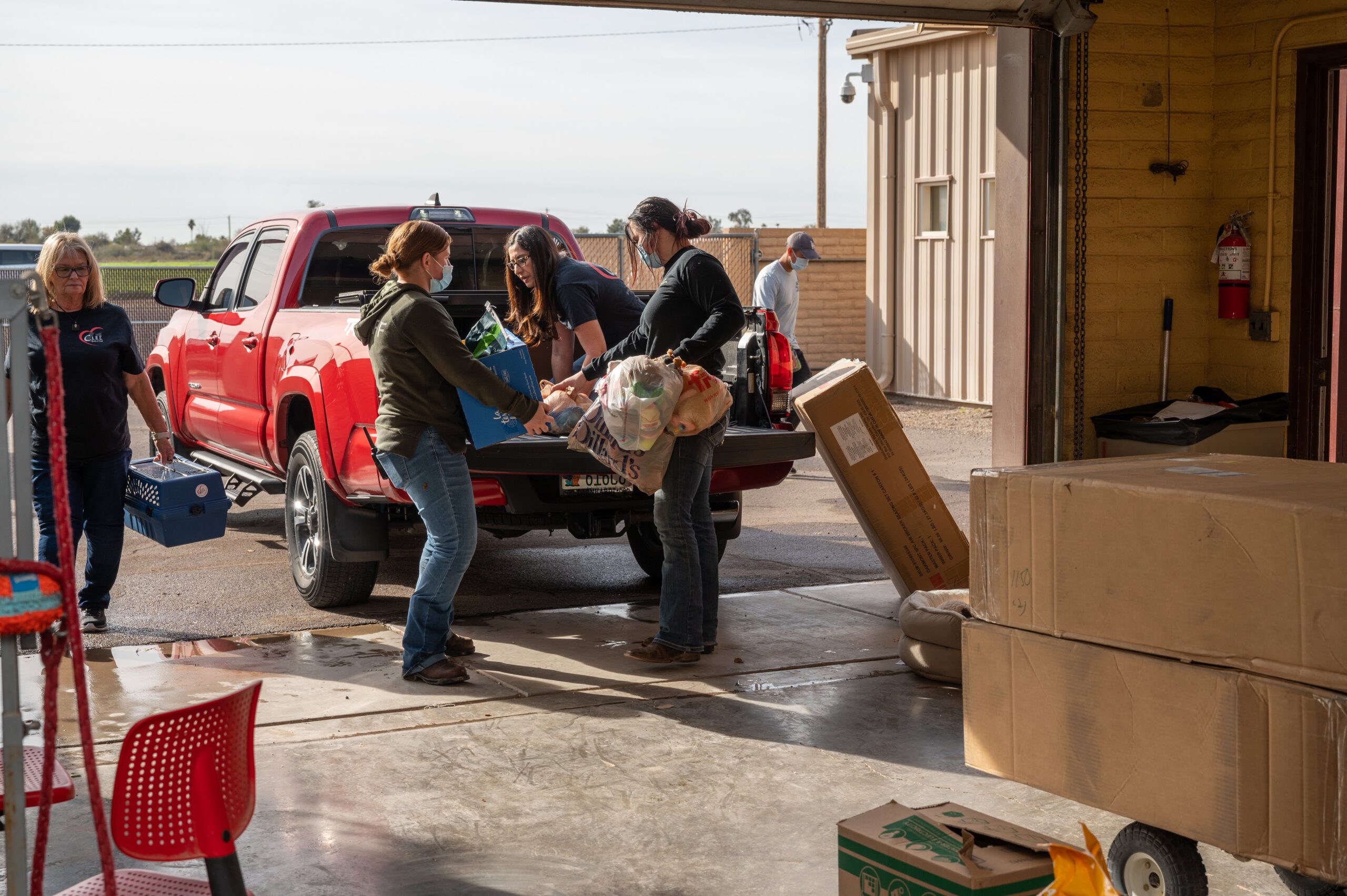
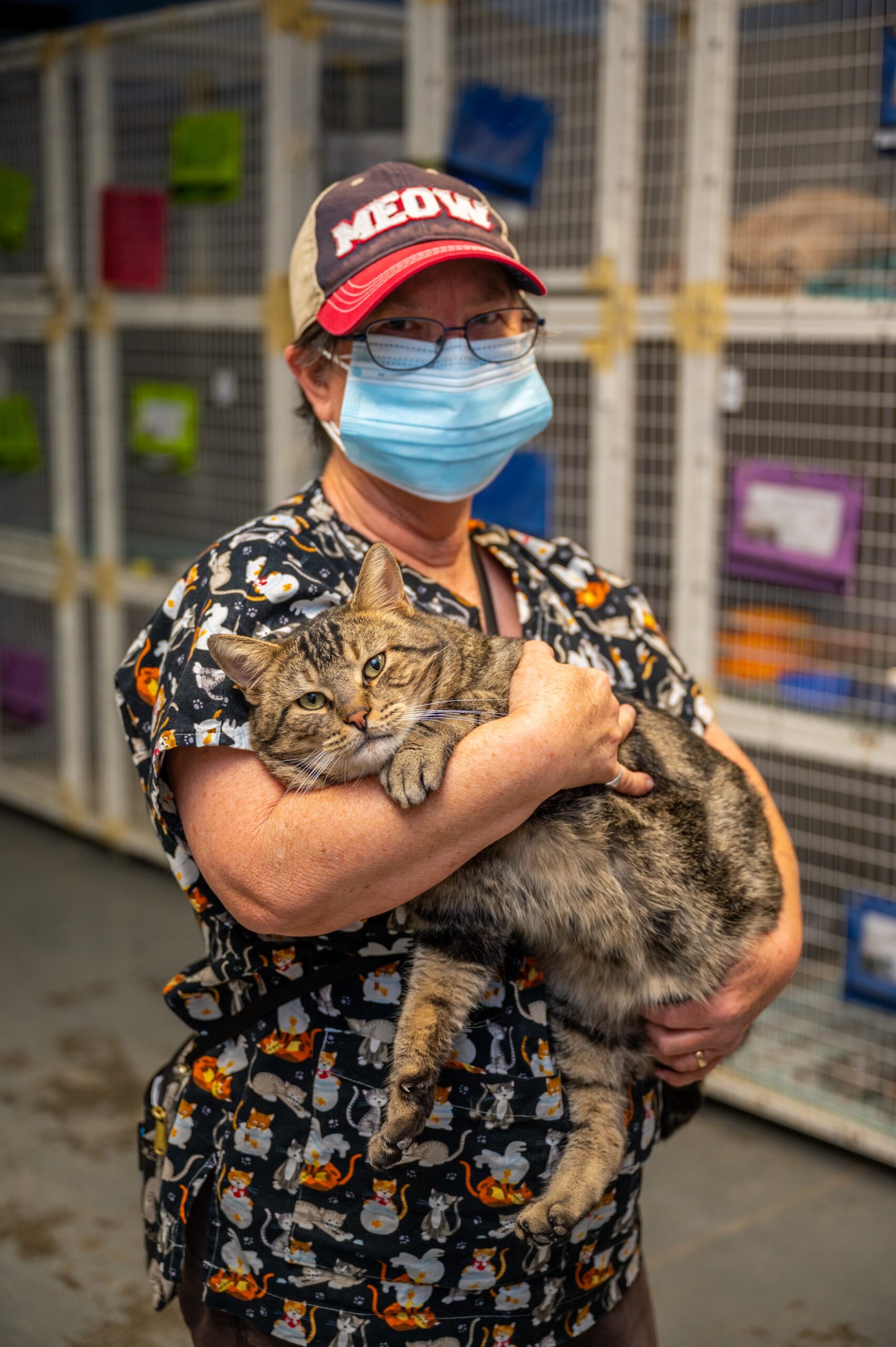
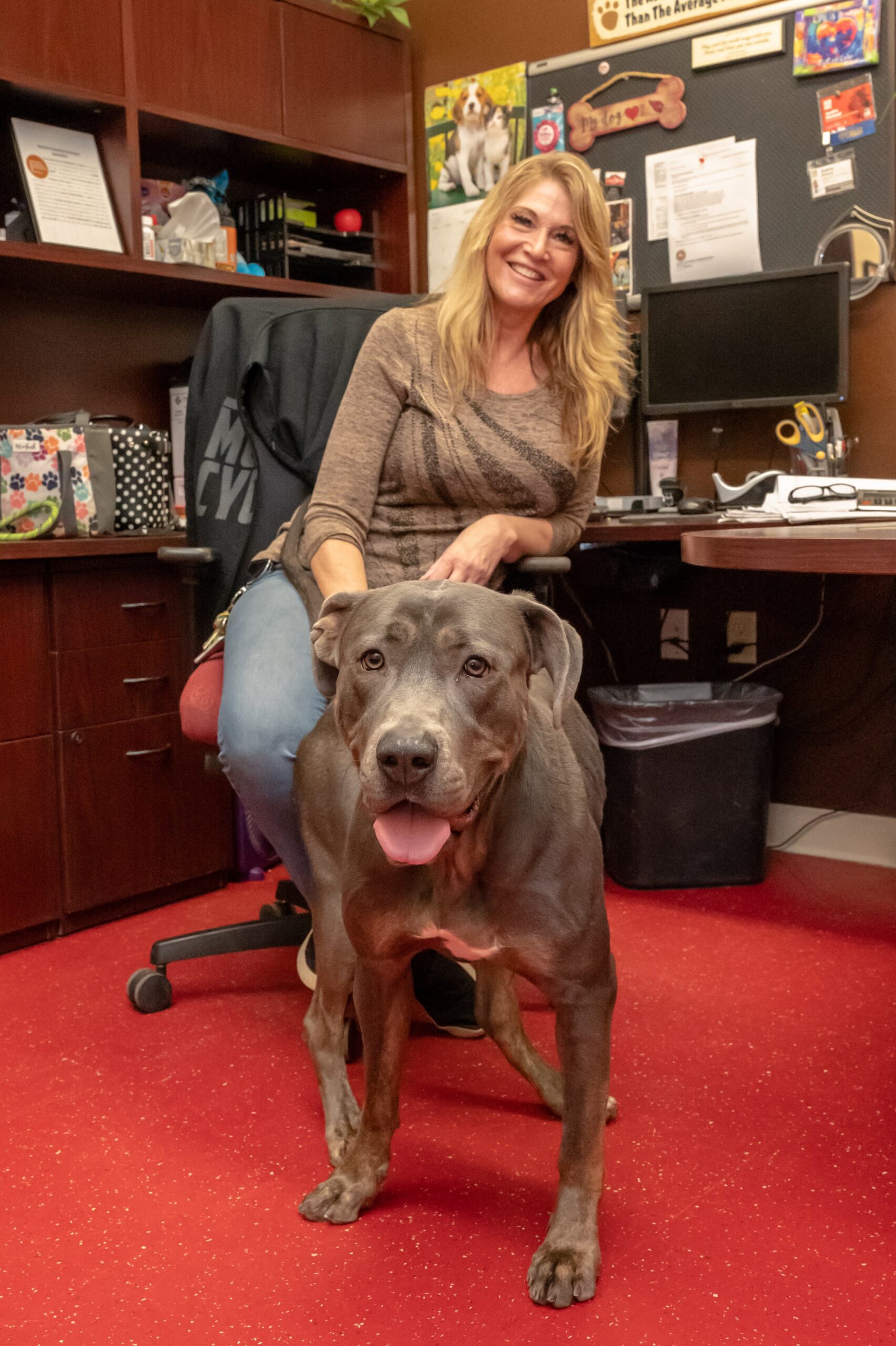
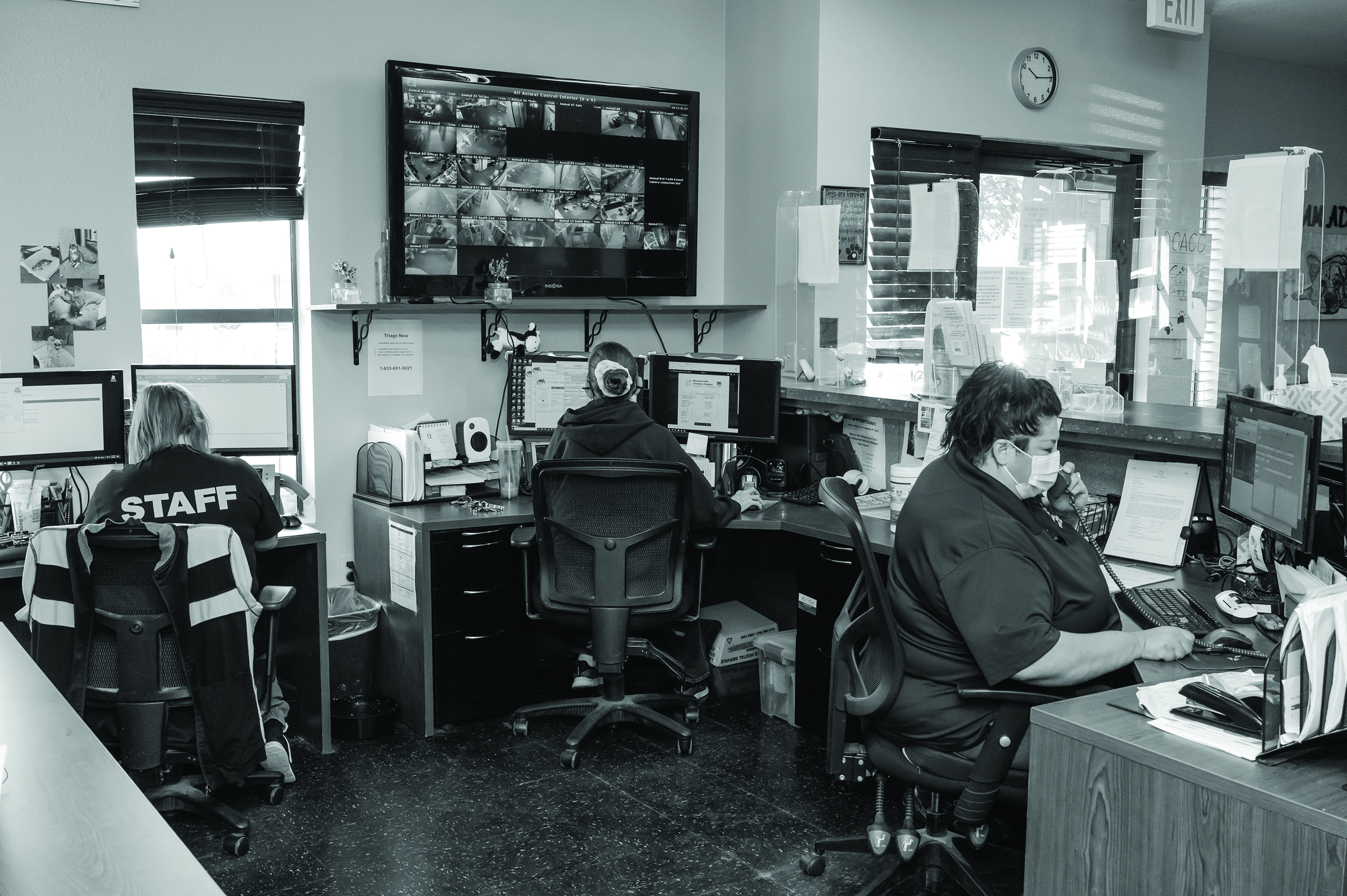



![City gave new manager big low-interest home loan City Manager Ben Bitter speaks during a Chamber of Commerce event at Global Water Resources on April 11, 2024. Bitter discussed the current state of economic development in Maricopa, as well as hinting at lowering property tax rates again. [Monica D. Spencer]](https://www.inmaricopa.com/wp-content/uploads/2024/04/spencer-041124-ben-bitter-chamber-property-taxes-web-218x150.jpg)

![3 things to know about the new city budget Vice Mayor Amber Liermann and Councilmember Eric Goettl review parts of the city's 2024 operational budget with Mayor Nancy Smith on April 24, 2024. [Monica D. Spencer]](https://www.inmaricopa.com/wp-content/uploads/2024/04/spencer-042424-preliminary-budget-meeting-web-218x150.jpg)







![Alleged car thief released without charges Phoenix police stop a stolen vehicle on April 20, 2024. [Facebook]](https://www.inmaricopa.com/wp-content/uploads/2024/04/IMG_5040-218x150.jpg)


![City gave new manager big low-interest home loan City Manager Ben Bitter speaks during a Chamber of Commerce event at Global Water Resources on April 11, 2024. Bitter discussed the current state of economic development in Maricopa, as well as hinting at lowering property tax rates again. [Monica D. Spencer]](https://www.inmaricopa.com/wp-content/uploads/2024/04/spencer-041124-ben-bitter-chamber-property-taxes-web-100x70.jpg)

![3 things to know about the new city budget Vice Mayor Amber Liermann and Councilmember Eric Goettl review parts of the city's 2024 operational budget with Mayor Nancy Smith on April 24, 2024. [Monica D. Spencer]](https://www.inmaricopa.com/wp-content/uploads/2024/04/spencer-042424-preliminary-budget-meeting-web-100x70.jpg)